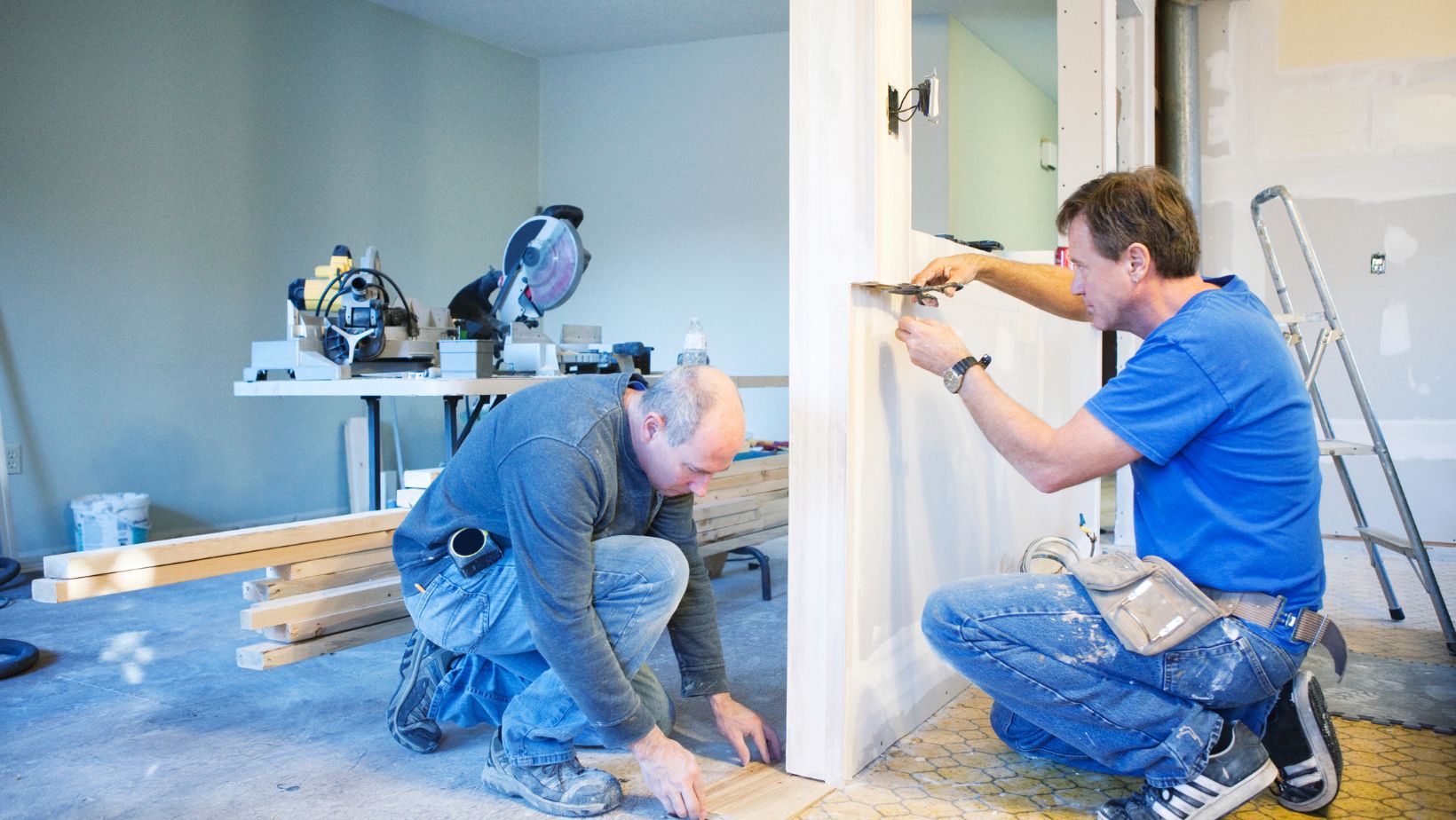Renovating a home can be an exciting yet daunting task. Whether you’re looking to enhance the function or aesthetics of your space, a successful home renovation requires careful planning and execution. With many elements to consider, from budgeting to selecting the right contractors, understanding how to navigate the process is essential. Here are some pivotal steps to ensure your renovation project runs smoothly and achieves the desired outcome.
Define Your Goals and Priorities
Before diving into the logistics of your renovation, take time to clearly define your goals. Understanding the purpose of your renovation will help prioritize the aspects that are most important to you. Are you expanding your living space, improving functionality, or enhancing your home’s value? For instance, if you aim to increase your property value, kitchen and bathroom renovations are usually a top priority, as these areas significantly impact a home’s appeal. Additionally, consult with family members or anyone who will share the living space to gather input and ensure everyone’s needs are accommodated. This initial planning phase sets a clear direction for what lies ahead.
Establish a Realistic Budget
Creating a budget is one of the most crucial steps in planning your renovation project. Begin by researching estimated costs for similar renovations in your area to gain a perspective on what your project might entail. It’s advisable to allocate a budget that includes both expected costs and a contingency of around 10-20% for unforeseen expenses that may arise. Consider the different aspects of the renovation when budgeting. This includes materials, labor, permits, and even unexpected costs. Keep in mind that obtaining quality materials and skilled labor often leads to a more successful outcome, so avoid the temptation to cut too many corners.
Research and Hire Professionals
Depending on the magnitude of your renovation, hiring experienced professionals such as contractors, architects, or designers may be necessary.

Take the time to research potential candidates and check their credentials, reviews, and past work. Referrals from friends or family can also steer you toward reliable professionals once you’ve compiled a list of suitable candidates and scheduled consultations to discuss your project. It’s essential to communicate your needs, preferences, and budget openly. Professionals can help create a detailed siteplan during this stage. This will ensure the project aligns with your vision.
Obtain Necessary Permits and Approvals
Before commencing any renovation work, it’s vital to ensure all necessary permits are obtained. Many areas require specific licenses for renovations, particularly for structural changes or significant upgrades. Check with your local building authority to identify which permits you may need and factor in the time it takes to acquire these approvals. Neglecting to secure the proper permits can lead to fines and additional costs or even require you to reverse changes made to your property. Planning ahead frees you from these potential pitfalls and delays.
Prepare for the Disruption
Home renovations often lead to a degree of chaos as work takes place. Preparing yourself and your family for this disruption will make the process smoother. Designate areas in your home that are off-limits during renovations and create a temporary living situation if necessary, particularly for extensive projects that require significant structural work. Keeping your daily routines in mind can also ease the transition. Consider your meal prep, access to bathrooms, and your work-from-home arrangements if applicable. This proactive approach keeps daily life more manageable during the renovation period.
Make Design Choices Wisely
Choosing the right designs and materials will largely impact the success of your renovation. Look for trends that align with your personal style while considering the functionality and longevity of materials.

For example, if you choose a popular design style, ensure it suits your home’s architecture for a cohesive look. Consulting your contractor or designer about material selections can be beneficial. Their experience can guide you toward materials that are not only aesthetically pleasing but also durable and appropriate for your specific needs. Remember, quality should always be prioritized over costs when selecting materials.
Monitor Progress Regularly
As the construction phase progresses, staying engaged with the project is crucial. Schedule regular check-ins with your contractor to discuss the progress and address any emerging issues. This ongoing dialogue fosters transparency and helps in resolving potential problems quickly. You should also remain flexible during this phase, as sometimes there may be unexpected findings that require adjustments. Open communication ensures that everyone is aligned on goals and that any necessary modifications are agreed upon promptly.
After weeks or months of planning and execution, finally enjoying your newly renovated home is rewarding. Take time to appreciate the hard work and investment you’ve made into your living space. Completing a renovation project demonstrates your commitment to providing a comfortable and stylish atmosphere for your loved ones, and it sets the stage for many happy memories to come.
